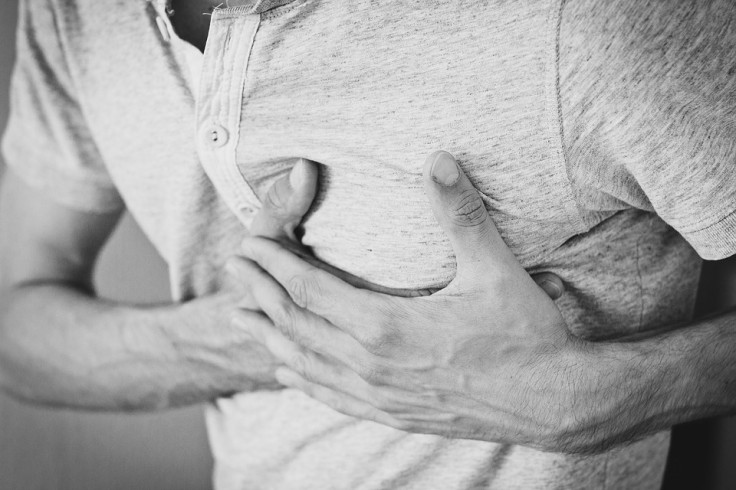Women at higher risk of death after a heart attack compared to men
The study noted that women face a 20 percent higher risk of experiencing death or heart failure after a heart attack.
A heart attack can be fatal for anyone, but for women, the danger post-heart attack may be higher. Recent research showed that women are at a higher risk of suffering from either death or heart failure after a heart attack compared to men.
A study titled "Is There a Sex Gap in Surviving an Acute Coronary Syndrome or Subsequent Development of Heart Failure?" published in the journal Circulation, found that women are more likely to experience heart issues after they survive a heart attack as compared to men.
The study noted that women face a 20 percent higher risk of experiencing death or heart failure after a heart attack. The researchers used a large population-based cohort of patients with myocardial infarction (MI) between April 1, 2002, and March 31, 2016. They examined the treatments, incidences, angiographic findings, and clinical outcomes of the patients who had a first-time MI to shed more light on the difference between the sexes.
The researchers analysed data of more than 45,000 patients who were hospitalised for either a less-severe form of heart attack or for a really severe one.
The women who were part of the study experienced a heart attack approximately 10 years older than men. They also had higher comorbidities, such as high blood pressure, diabetes, or chronic obstructive pulmonary disease (COPD), which could have contributed to why they had a higher risk of suffering from heart failure. They found that within five years from the heart attack, women have a 20 percent higher risk of having heart failure or dying.
Dr Roshini Malaney, Staten Island University Hospital's cardiologist, stated that it's possible that a factor that increases the risk is the age when women suffered a heart attack. Normally, they would have a heart attack 10 years older than when men had theirs.
Another factor that might play a role is the estrogen levels. Normally, these levels would drop after menopause, which then contributes to the development of high blood pressure.
Although it was not really clear why women tend to have a higher risk, one more aspect that researchers were looking at was that they seldom visit their cardiologists. There was 84 percent of men who would regularly see a cardiologist and only 72.8 percent of women.
The results of the study may help doctors in understanding why women were at a higher risk of developing heart failure after a heart attack. It could also pave the way for better approaches to treating women after they survive a heart attack.
© Copyright IBTimes 2025. All rights reserved.






















